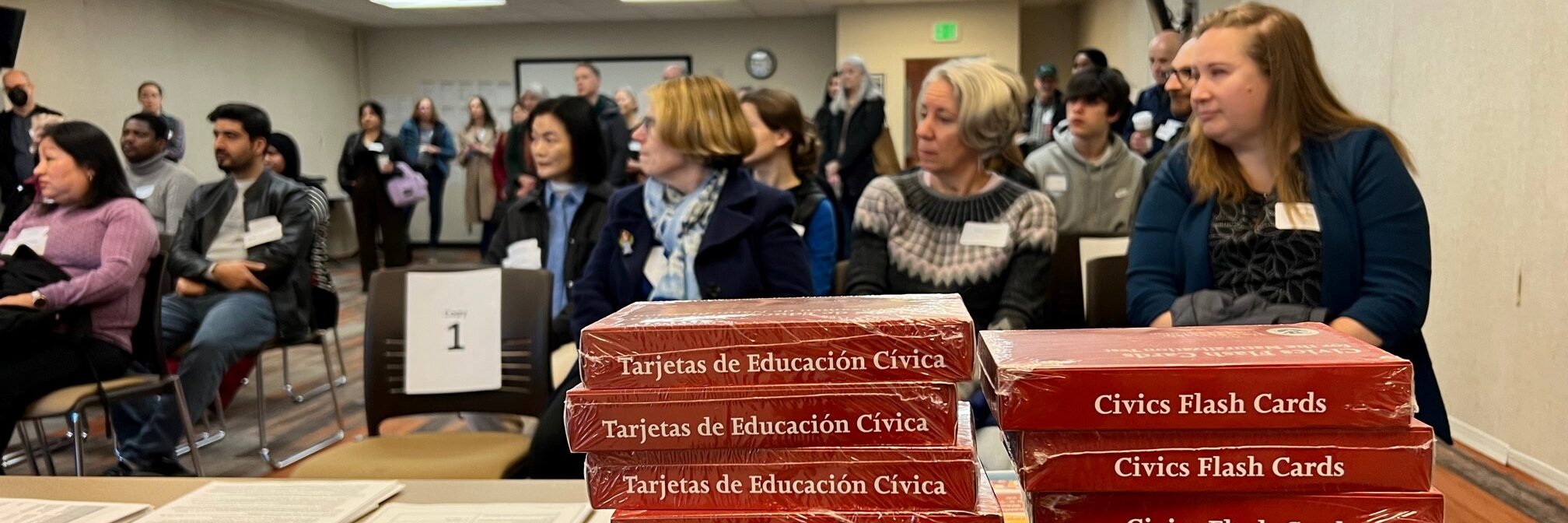Gather Critical Information
As you prepare to apply for naturalization, you will need to gather a variety of documents. You should bring these documents with you to any consultations you attend, including meetings with attorneys, legal nonprofits, and naturalization workshops. Without this information, your legal counsel may not have enough information to determine your eligibility for naturalization.
